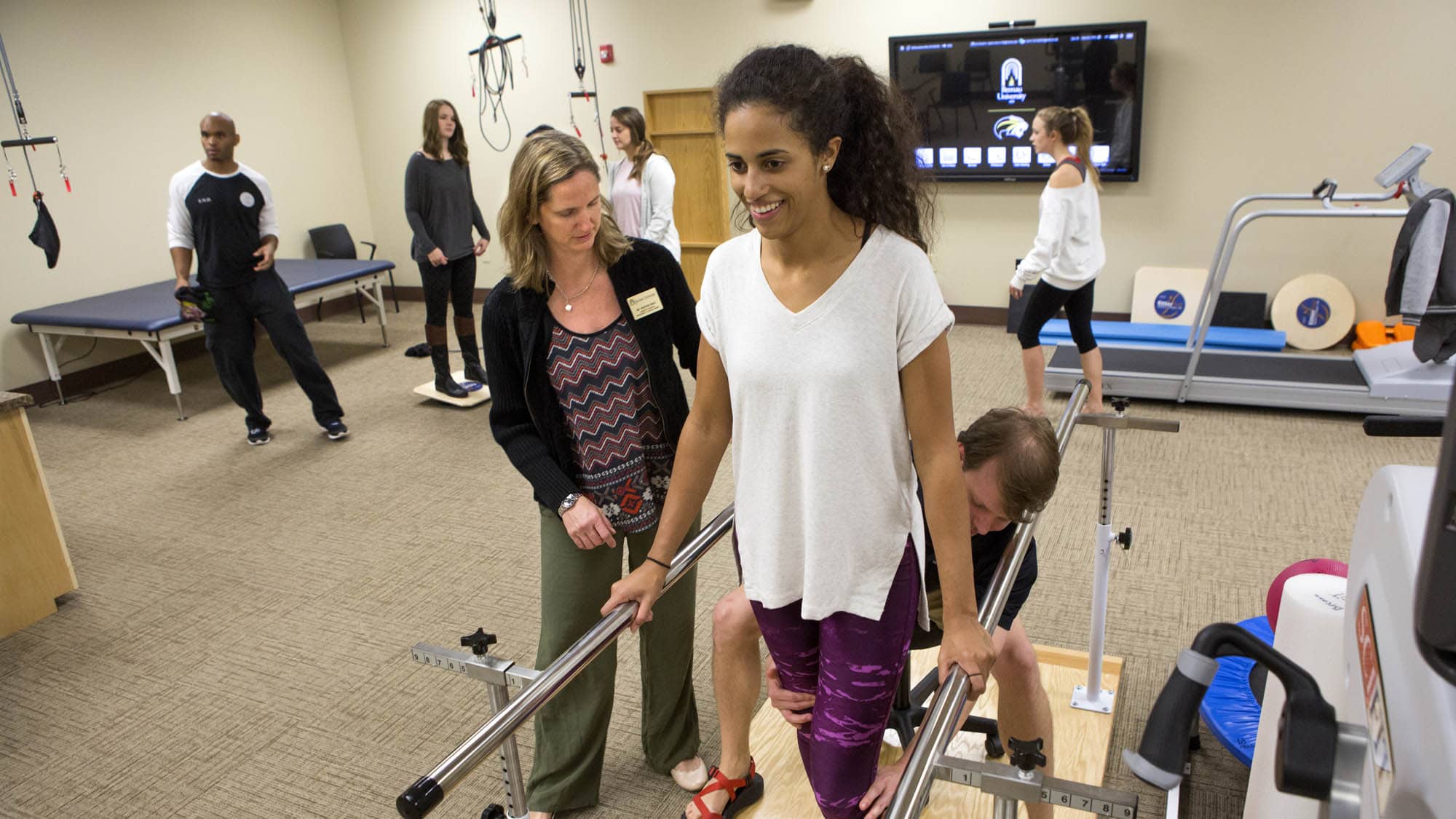Building Psychological Strength to Maximize Results in Sports Rehabilitation
Wiki Article
Cognitive resilience is an important trait that can greatly elevate outcomes in athletic rehabilitation. Sportspeople often grapple with injuries that necessitate time away from their sport, which can be both somatically and psychologically straining. Mental resilience refers to the ability to remain robust and positive in the face of obstacles. It helps players cope with the pressure of injury recovery, stay committed on their goals, and maintain drive throughout the healing process. By developing emotional stamina, athletes can enhance their recovery experience and return to their discipline better prepared than before.

One key aspect of building emotional toughness is setting realistic goals. When athletes are hurt, it is essential for them to have well-defined, realistic objectives during their rehabilitation. These plans should be precise, quantifiable, realistic, purposeful, and time-specific (goal-setting) principles. For example, instead of saying “I hope to heal quicklyâ€, an athlete might set a goal like “I aim to do my rehab sessions thrice weekly for the next monthâ€. This helps recovering individuals assess their progress and keep their concentration on what they can control, reducing feelings of frustration stretching and mobility for athletes or hopelessness.
Another important factor in enhancing mental resilience is maintaining a positive mindset. Athletes should practice positive self-talk and guided imagery to foster a constructive mental environment. Affirming self-statements involves replacing defeating thoughts with motivating statements. For instance, instead of thinking “I can’t do thisâ€, an athlete could tell themselves “I’m getting stronger with every stepâ€. Imagery can also be beneficial; patients can imagine themselves performing well in their discipline as they recover. These practices help build mental fortitude and reinforce the belief that return to performance is possible.
Supportive relationships play a vital role in fostering psychological strength during rehabilitation. Athletes should surround themselves with motivating companions, loved ones, coaches, and medical professionals who understand the difficulties of healing. Open communication with these trusted individuals allows athletes to express their feelings, fears, and setbacks. Additionally, sharing experiences with other patients can provide a sense of belonging and empathy that makes the process easier. Knowing others have faced comparable challenges can inspire hope and motivate patients to push through.
Finally, mindfulness techniques can measurably strengthen an patient’s psychological well-being during recovery. Mindfulness involves being attentive of one’s mental processes and emotions without judgment. Practices such as mental stillness, controlled breathing, or gentle movement can help athletes visit this site manage unease and emotional pressure related to their condition. By incorporating mindfulness into their regular habits, recovering individuals learn to stay grounded and focused on their recovery process, rather than dwelling on what they have lost during their time off from activity. This method promotes emotional stability and encourages a more positive attitude towards rehabilitation.